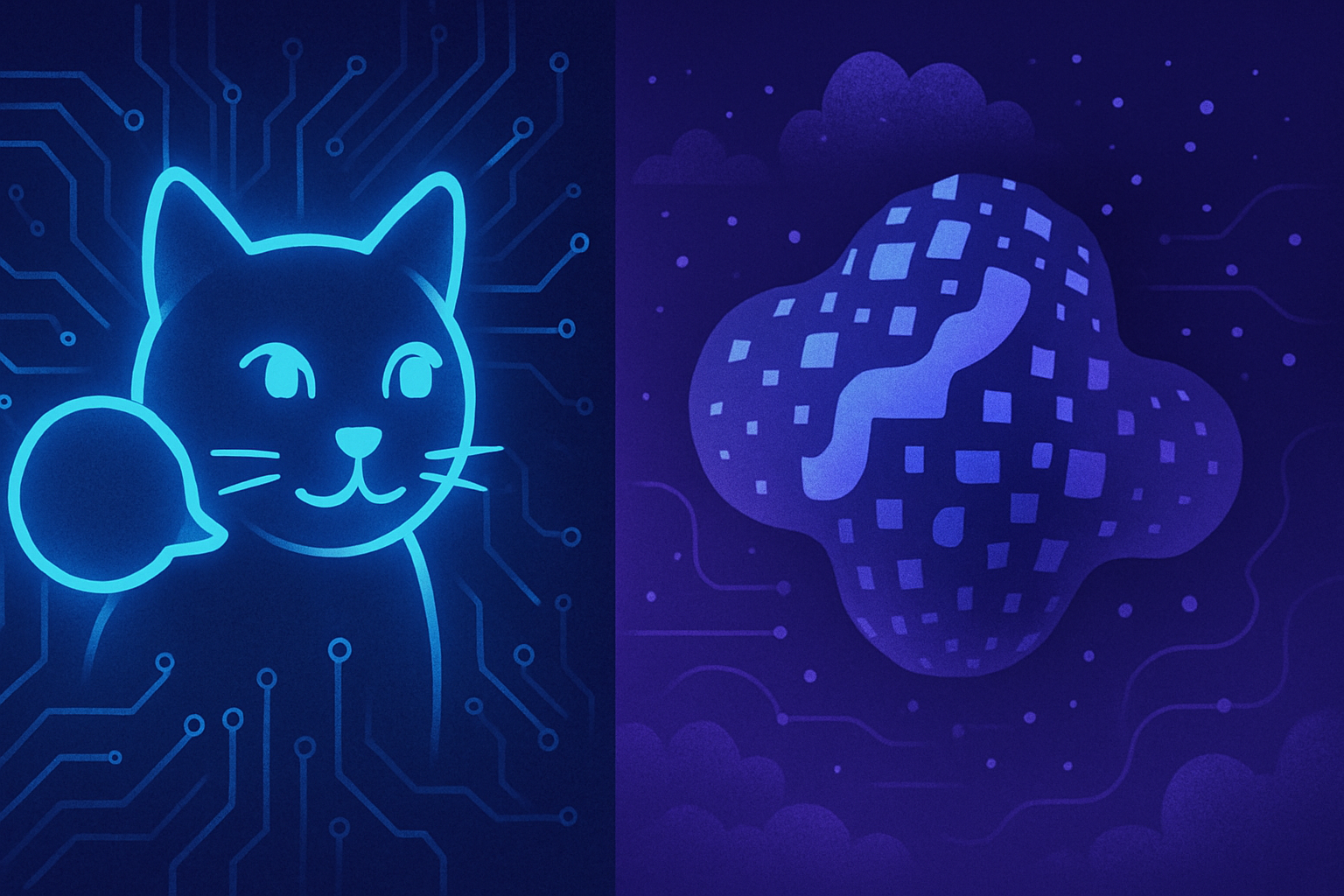Analysis advocating for the diversity of sources, this study sheds light on the divergences between ChatGPT and Perplexity. These two artificial intelligences, although similar on the surface, exhibit distinct methodologies for processing information online.
ChatGPT handles data with a clean processing, distancing its response from traditional results. In contrast, Perplexity synchronizes closely with Google’s search results, thus achieving remarkable relevance.
The implications of these disparities resonate deeply, touching on how information is absorbed and interpreted, shaping our perceptions of accessible knowledge.
Analysis of results: ChatGPT vs Perplexity
A study conducted by Ahrefs reveals marked differences between ChatGPT and Perplexity regarding the responses provided to users. The analysis covered over 3,000 queries, encompassing short, long, and rephrased searches. The results show that Perplexity aligns more closely with Google search results, while ChatGPT diverges significantly.
Proximity of results to Google
Regarding short-tail queries, Perplexity’s results achieve a 65% alignment rate with Google’s top 10. Conversely, ChatGPT manages to generate only 10% of compatible results. This finding highlights Perplexity’s ability to provide more relevant results similar to those in Google’s SERPs.
Differences in citations between ChatGPT and Perplexity
Both AIs share numerous domains, but their cited pages differ markedly. Ahrefs notes that ChatGPT emphasizes domains three times more than specific pages, contrasting with Perplexity. For example, if Google cites a specific page on ahrefs.com, ChatGPT might refer to another rather than the one indicated by Google.
Impact of fan-out queries
Fan-out queries, characterized by a serial exploration of sub-queries, result in significant divergence from Google’s results. In this category, the citation overlap rate stands at only 6.82% for ChatGPT compared to Google. This low percentage contrasts with long and short queries, where the rates are 7.05% and 10% respectively.
Structuralist approach of Perplexity
The study highlights the “citation-first” approach adopted by Perplexity, which seems to prioritize the direct extraction of relevant information from search results. In contrast, ChatGPT appears to reproduce a more recomposed dynamic, thus influencing the quality of the results provided.
Conclusions on SEO implications
For SEO professionals, these results underscore the importance of creating content tailored to different search intents. The citation differences between the two AIs prompt a reconsideration of SEO strategies to more effectively align content with user queries.
Trends and developments to watch
Analyses of AI behavior and their relationship with Google require constant attention from digital marketing specialists. The rapid evolution of AI algorithms will necessitate ongoing adjustments in the field of SEO and content creation. Industry players must therefore stay informed about the latest innovations, such as ongoing developments at Atlassian or new approaches to graphical exploration.
Common FAQs
What are the main differences between ChatGPT and Perplexity?
ChatGPT and Perplexity use distinct approaches to generate informational results. While ChatGPT often strays from Google results, Perplexity shows much greater proximity to Google’s SERPs, making it generally more reliable for queries.
How did Ahrefs evaluate the performance of ChatGPT and Perplexity?
Ahrefs analyzed over 3,000 varied queries, comparing the results provided by ChatGPT and Perplexity with those appearing in Google’s search results pages (SERP).
Why is Perplexity considered closer to Google than ChatGPT?
Perplexity aligns around 65% of its short-tail results with Google’s top 10, while ChatGPT only reaches 10%, demonstrating a greater match with search results.
What are the implications for SEO professionals regarding these tools?
SEO professionals should be aware that although both AIs cite similar domains, they do not necessarily recommend the same pages. This underscores the importance of creating content optimized for different search intents.
How do fan-out queries influence results between ChatGPT and Perplexity?
Fan-out queries result in a low overlap rate of results with Google for ChatGPT, at only 6.82%, while Perplexity maintains a better correlation with Google’s results, demonstrating a divergence in their research methodologies.
What is a short-tail query and how does Perplexity’s relevance stand out in this context?
Short-tail queries are general requests typically composed of one or two keywords. Perplexity provides results that are much more in line with those of Google for this type of query, unlike ChatGPT which diverges further.
Why is it important for users to understand these differences?
Understanding these differences helps users choose the most suitable tool for their informational needs, especially for specific searches that need to be precise and relevant.






